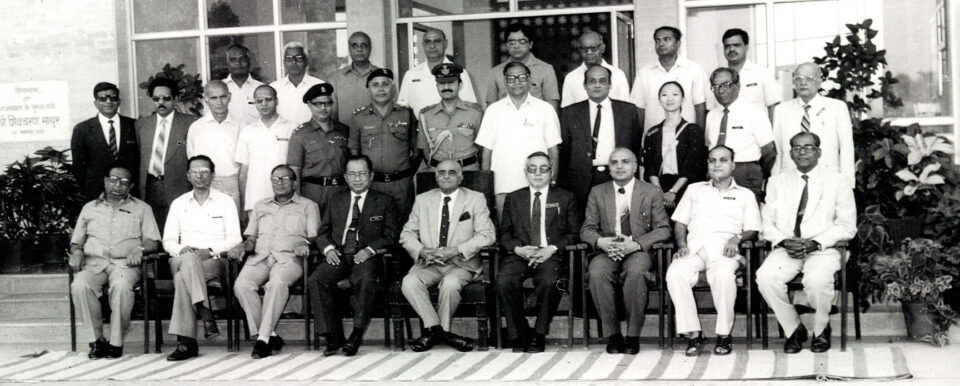My friends sometimes ask why I chose to work at the United Nations rather than in academia. The answer is simple. Universities may be a good vantage point to watch social change, but the UN is a better place to make a global impact. The leap from academia to the UN was an adventurous leap that has provided endless lessons about the world’s cultures and how the UN affects the everyday lives of the poor and forgotten. My work as a former social development officer for UNICEF often involved listening to people’s experiences with the UN, evaluating project impacts, and making recommendations for improvements.

Rural women taught me important lessons about how development projects often get things wrong. For example, information campaigns about women’s sexual and reproductive health sometimes missed the mark. In one village, women told me that they didn’t need any more information about family planning. The truth was they couldn’t use it anyways because their husbands would beat them if they even mentioned using contraceptives.
At other times, the UN was in the right place doing exactly what was needed. Women shared good news of how UNICEF helped them develop income generation projects and how more money in their pockets empowered them to end harmful practices like female genital mutilation. I visited orphanages for the deaf where UNICEF worked hand-in-hand with NGOs to train children how to speak. There were water and sanitation projects saving lives because children could wash their hands in clean water. This wasn’t the highest form of diplomacy–no polished speeches here. This was the United Nations in action.
Several years later, I worked as a social scientist at the World Health Organization’s Southeast Asia Regional Office (SEARO). When I learned that I was being considered for the job again, I jumped at the chance because of its intensive, hands-on course in public health. At the time, I was the only social scientist at a WHO Regional Office working with WHO’s Geneva headquarters. Numerous social science programs were being added to the social science and health programs, such as child immunization, AIDS, tropical diseases, reproductive health and environmental health. I had a crash course in all of these subjects. Through field visits, I saw the plight of the disenfranchised who suffered while waiting for the UN and governments to take action.
What do I think are the most important qualities of someone who applies for a job at the UN?
I would put courage and compassion at the top of the list. You have to be willing to go to dangerous places. Compassion for human suffering is equally important. There is nothing more discrediting to the UN than an officer who doesn’t show kindness to the people they serve.
I admit that some parts of the UN are handicapped by a culture of bureaucracy around following rules. Call me a romantic, but I believe that the UN survives because it is a bureaucracy. The best UN bureaucrats do the job they were assigned, whether advising governments on the best way to eradicate malaria or arranging microphones for a meeting. I also think that the organization is what we make of it. Take the same “worthless” job and fill it with a motivated, qualified activist. You have a completely different result. The UN is only as strong and effective as the governments that we put in place to govern it.
Even with these vestiges of a bureaucratic morass, the UN remains the most universal and fair-handed champion of the underdogs, the forgotten, and the underserved. Rich and powerful nations are forced to listen to the smallest country, and enemies find neutral territory on which to face off–and head off–deadly conflicts. It’s the most democratic institution I know. Every country, regardless of its size and power, has one vote.
Today, the UN is facing a great challenge as governments try to dismantle multilateralism and discredit notions of global citizenship. Yet, I am confident that the UN can survive if it looks for and nurtures innovation. Some creative ideas can come from within, but most will come from the social movements surrounding the UN. The connection between social movements and the UN was at the founding of the UN and must stay strong. They have the vision and dedication to causes like gender equality, environmental justice, and racial equality.